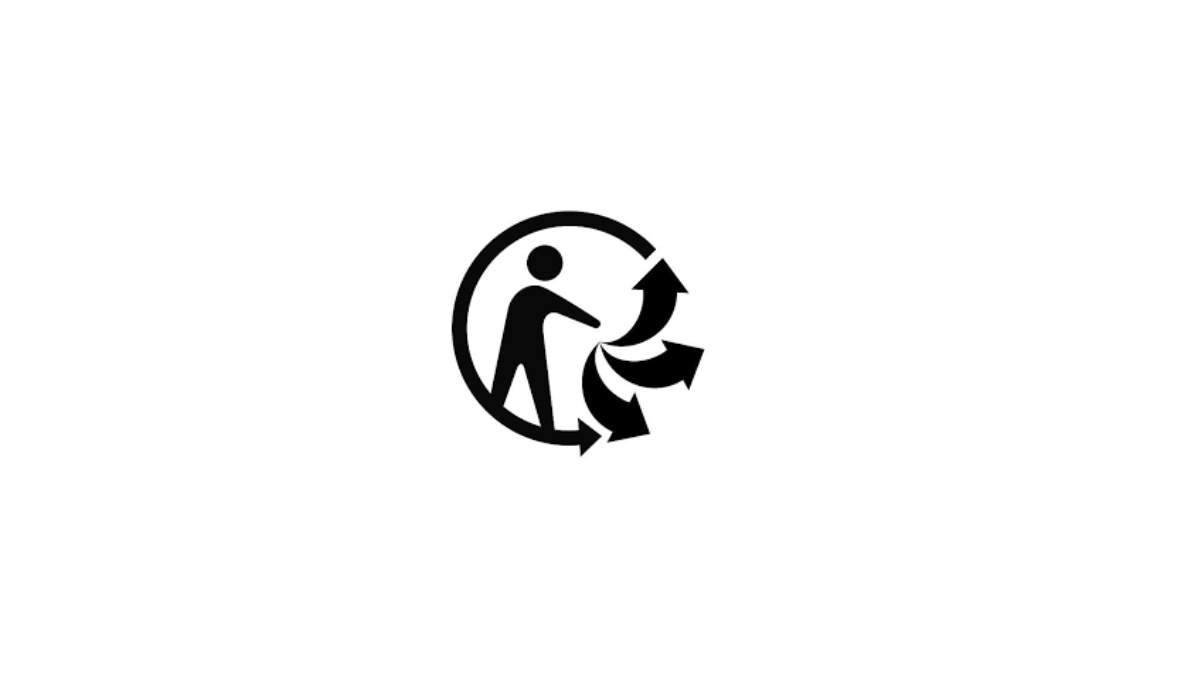The European Commission has now decided to initiate an infringement procedure against France, as can be seen from the press release dated 17.07.2025. The subject of the procedure will be the question of whether the French labelling requirements for household products, which are part of a system of extended producer responsibility (EPR), are compatible with fundamental principles of the free movement of goods (Art. 34 to 36 TFEU). In addition to the “TRIMAN” logo, the main point of contention is the information on sorting procedures. In addition, the European Commission is of the opinion that France has not complied with notification obligations under the Single Market Transparency Directive (Directive (EU) 2015/1535), as measures to implement the corresponding directive were not notified to the Commission in due course (for more information on the background to the procedure, see our blog post TRIMAN labelling in France under pressure).
Progress to date
France did not respond to the letter of formal notice from the European Commission dated 15.02.2023. The Commission took this as an opportunity to issue a reasoned opinion on 14.11.2024. The subject of this statement was the formal appeal to France to eliminate the possible violation of EU law and to inform the Commission within a two-month period of the steps taken to ensure compliance with EU law. Art. 258 para. 2 TFEU stipulates that the European Commission may refer the matter to the ECJ if the Member State concerned does not comply with this request within the set period. Subsequently, there is no time limit for bringing an action.
France did not respond to the reasoned opinion and did not comply with the request contained therein. Accordingly, the Commission decided to refer France to the Court of Justice of the European Union due to the continued incompatibility of its labelling requirements for waste sorting instructions with Articles 34 to 36.
Link to the overview of the progress to date: INFR(2022)4028.
Course of the legal proceedings and possible consequences
Regarding the course of the legal proceedings, a distinction must be made between the two grounds of action already mentioned, infringement of the free movement of goods and breach of notification obligations under the Single Market Transparency Directive:
- If the European Court of Justice concludes that there has indeed been a breach of the provisions on the free movement of goods, France is obliged to implement the ruling by taking appropriate measures. If the court decision is not complied with, the Commission has the option of referring France back to the Court of Justice. The Commission proposes the amount of the fine to be imposed. The decision on the final amount is the responsibility of the European Court of Justice itself (see Art. 260 (1), (2) TFEU). In addition to the importance of the violated provisions and the impact of the violation, the period during which EU law has not been properly applied and the solvency of the Member State concerned are decisive for the calculation of the fine.
- Since the Commission has also brought an action before the Court of Justice because it considers that France has failed to fulfil its obligation to notify measures transposing a directive adopted under a legislative procedure, it may, when it deems appropriate, fix the amount of the lump sum or penalty payment to be paid by the Member State concerned which it considers appropriate in the circumstances. If the Court finds that there is an infringement, it may directly impose a lump sum or penalty payment on France up to the limit of the amount fixed by the Commission (see Art. 260 (3) TFEU).
Effects of the procedure and outlook
First, it should be noted that the current procedure has no influence on the validity or enforcement of the TRIMAN regulations in France. The European Court of Justice only issues a declaratory judgment and cannot itself annul the French regulation in question due to the division of competences. However, given the average duration of procedures of just over two years in judicial infringement procedures, a quick decision is unlikely.
This means that the regulations in dispute continue to apply without restriction during the procedure. Only when France itself repeals the national regulation will this affect the products and companies concerned. Consequently, the TRIMAN regulations must continue to be observed and complied with until they are repealed by the French national legislator. In any case, when the labelling provisions of Art. 12 of Regulation (EU) 2025/40 (Packaging Regulation) come into force on 12.08.2028, the French special routes will be completed anyway due to overriding, conflicting EU regulation law.
Do you have any questions or would you like to discuss the news with the author? Please contact Michael Öttinger






